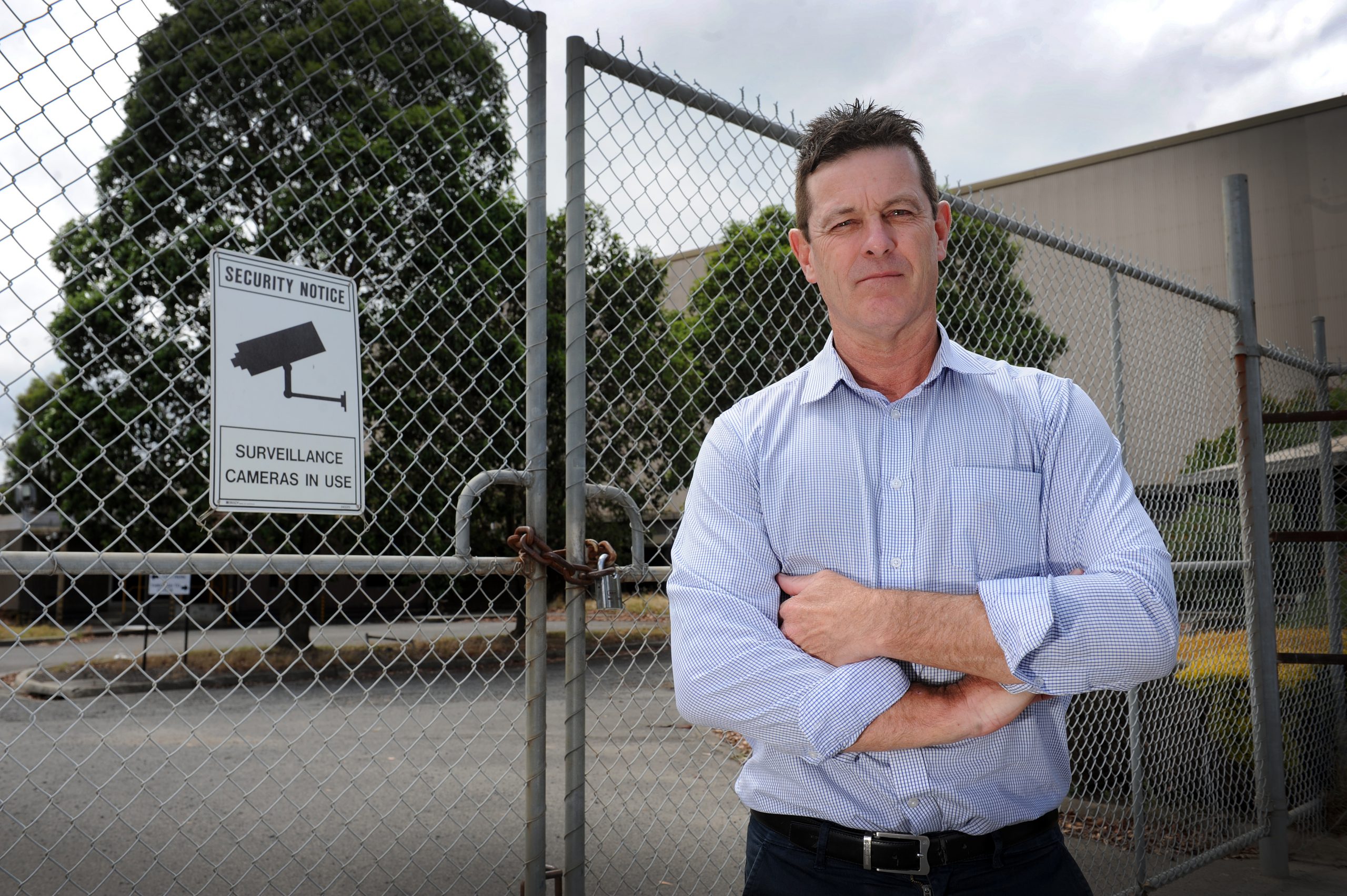
Michelle Slater
Member for Morwell Russell Northe is resuming his call for the state government to establish a dedicated drug court in the Latrobe Valley to rehabilitate and divert people from the justice system.
The issue was re-ignited off the back of Reason Party Leader Fiona Patten’s drug
decriminalisation Bill that was introduced in the upper house last week.
The Bill – which is unlikely to be supported – seeks to treat drug dependency as a health issue, in which police would issue a mandatory notice and referral to drug education or treatment.
People who complied with the notice would receive no criminal record.
Mr Northe raised the issue in parliament last week, asking the Attorney-General Jaclyn Symes to commit funding for a local drug court in the upcoming state budget.
He said he had “no problem” with Ms Patten’s intent in the Bill, but pointed out there were already existing interventions in place through operating drug courts for low-level crimes.
It comes after drug courts had been established in the Dandenong, Shepparton and Ballarat Magistrates’ courts, with a pilot in place in the County Court.
Mr Northe said it made “absolute sense” for the state government to expand the model to the Valley, on the back of the success of exiting drug courts.
“It is a sad indictment that in 2022 it actually depends on your postcode, where you live, as to whether your drug or alcohol dependency is treated in the courts as a health-related problem or in a punitive legal manner,” Mr Northe said.
“Despite the significant drug and alcohol harm in my community, and unfortunately the associated criminal activity, it is very disappointing the Latrobe Valley has not been included in the drug court expansion program.”
Mr Northe said the concept had the backing of the Gippsland Primary Health Network, Latrobe Health Advocate, Latrobe Health Assembly, and Latrobe Community Health Service.
According to state government figures, re-offending rates after completing the program had dropped by a third in the first year in the Dandenong drug court.
The drug court supervises low-level offenders caught in drug and alcohol dependency and related offending, addressing the underlying factors that contribute to offending.
Participants must comply with orders to undertake alcohol and drug counselling, drug testing, and must regularly attend reviews, case management and clinical advisor appointments.
Ms Symes had previously told Mr Northe that expanding drug courts would depend on evaluating existing and new sites, as well as consulting with communities and key stakeholders
She had also previously said she hoped Mr Northe would “continue to support expansion of the drug court to Latrobe Valley when the next project and funding opportunities arise”.










